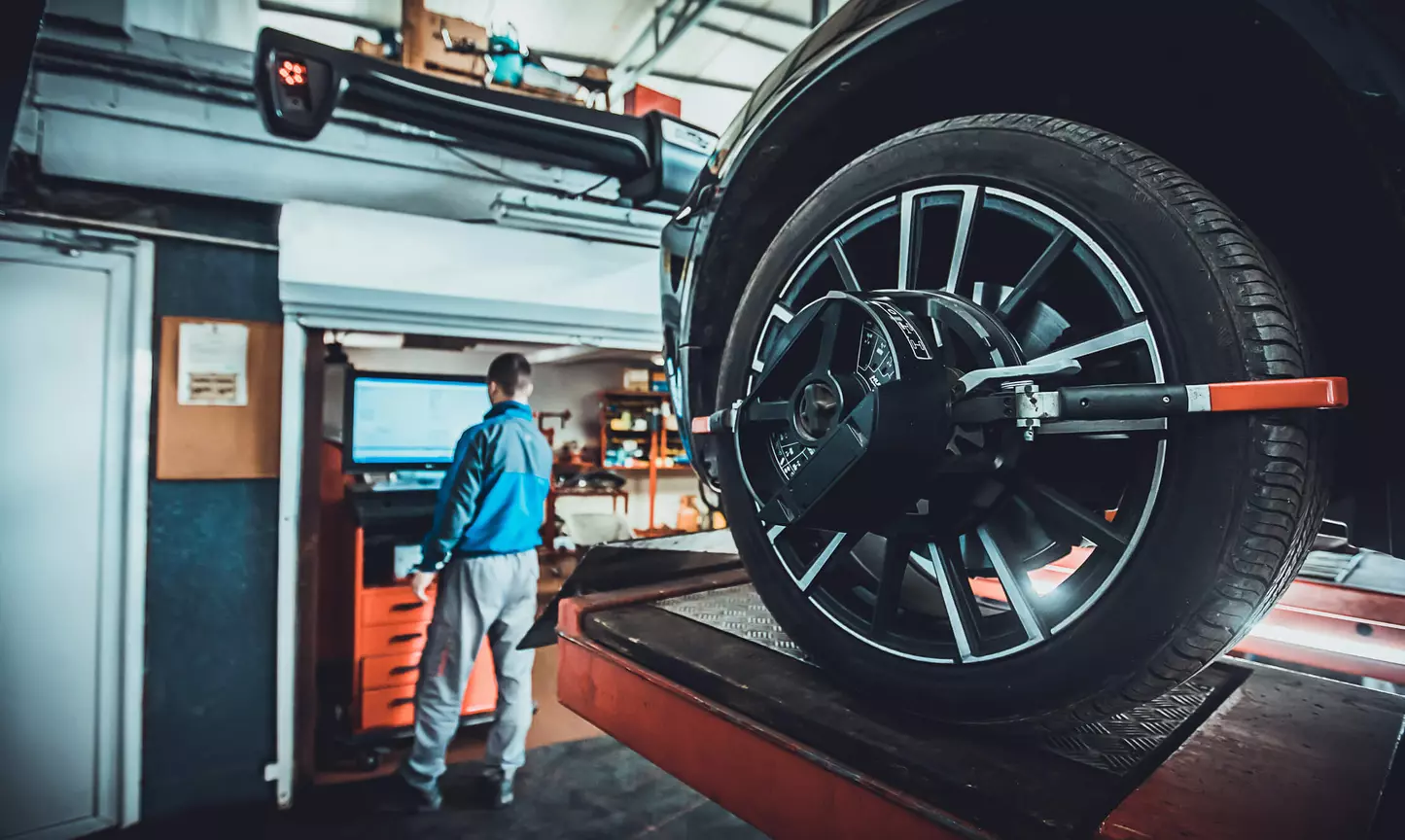The transition to the electric car is changing Italian garages and those who work in them. The mechanic has become a mechatronics technician, combining his skills with those of an electrician. “We work on the mechanical but also electronic parts of traditional cars, from airbags to air conditioning to the Abs system,” Alessandro Angelone, national president of Confartigianato Autoriparazione, explains, emphasising that this professional profile is a consequence of the changing needs of customers and the technological evolution of vehicles, which has involved hybrid and electric, but before that traditional fuels. In fact, the law that sanctioned the birth of the mechatronics profession - 224 of 2012 - came only later, to regulate a profession that was already in full swing.
With the full electric, however, there is a move to another level: “Already with hybrids, risks increase, because cars have on-board grids that run at 48 volts, while endothermic vehicles stop at 12 volts. Pure electrics are even more dangerous, because they operate at around 400 volts, so there is a risk of electrocution. For this, certifications are needed that take their cue from the Italian CEI 11-27 standard,” the expert adds. This is the standard that regulates work that is carried out on electrical installations. “In order to work on electric and hybrid cars, we have taken specific courses, such as Pes (Expert Personnel, ed), Pav (Personnel Warned, ed), Pei (Personnel Working with live electrical equipment, ed),” Angelone continues, referring to the training requirements identified by the standard. There are also other training courses, which allow you to acquire skills to supplement your professional experience: “They are provided by specialised companies, such as those that do diagnostics. An example for Italy is Texa, which has an academy dedicated to technical training for mechatronics engineers,” the expert points out.
The race for electric
The year 2021 was a record year in Italy for electric vehicles with 137,000 new registrations, a 128% increase over 2020 (when they reached 60,000), according to data from the Smart mobility report prepared by the Energy&Strategy of the School of Management of the Polytechnic University of Milan. “Even in Italy, electric is beginning to be a fairly consolidated reality, in 2021 one in ten cars sold was electric,” Simone Franzò, director of the Observatory, explains adding that there is still some way to go: “In France the market share of the electric car reached 18% last year, in Germany it reached 26%.”
Decarbonisation targets will encourage the spread of these cars, but internal combustion vehicles will not disappear any time soon: in our country alone, we have a stock of about 40 million cars and most of them are petrol and diesel. The knowledge of mechanics will be needed to maintain them, but in the long run, one wonders whether electrification will make jobs in workshops disappear. For Angelone, the job of mechanic is not at risk. “The figure of the auto electrician is disappearing, replaced by the mechatronics technician,” he tells us, pointing out that intelligent devices, such as starter motors and the alternator, have led the mechanic's profession to evolve and equip itself with electronic diagnosis: “If I hadn't done that, I wouldn't have been able to serve several of my customers.”
The computer component of the car, however, remains the prerogative of the vehicle manufacturer, the expert clarifies. And this trend will strengthen in the future with connected vehicles. “If I have to programme an on-board instrument, I need software that an independent workshop does not have.” The manufacturer provides its technicians with the necessary programmes and know-how to work on the cars it produces; thus for some high-profile operations, it is necessary to turn to its network.
Computers on wheels
Claudio Cavallotto, the director of the network of schools for sustainable mobility (e-Mobility network), tells us: “Programming and reprogramming operations on the electric vehicle will be carried out by the parent company.” Already today, the software of some brands is updated in real time, continues Cavallotto, pointing out that “cars will be increasingly connected and the software that runs them will be updated via a data network between the vehicle and the manufacturer. Without the need for workshop intervention.” Thanks to on-board telematics tools and an internet connection, the vehicle can communicate its data to other devices, and in the future it will be able to interact more and more with its surroundings, ensuring greater safety and better mobility. A technology that also enables the vehicle’s predictive maintenance, “operations that will be increasingly centralised, because they will be managed through proprietary software by the parent company and thanks to the data provided by the vehicles,” adds the expert, who points out: “Workshops will only have to carry out minor maintenance work, helped by the information provided by the software, which will indicate which part, if any, needs to be changed or worked on.”
An IT background could help the new generation of mechatronics engineers to work with increasingly advanced cars and technologies. Skills that are also demanded by manufacturers of electric vehicles, according to a survey conducted by e-Mobility network and the Motus-e association. “We have not yet implemented specific courses with schools in the IT sector, because these are high-level programming languages, which are very often only addressed in a degree course. The basic programming skills of a student finishing technical school are not enough,” Cavallotto clarifies. He adds: “Then it is clear that a working group will have to be trained by a higher-level technician, by an engineer, and by his co-workers who deal with less complex operations.”
